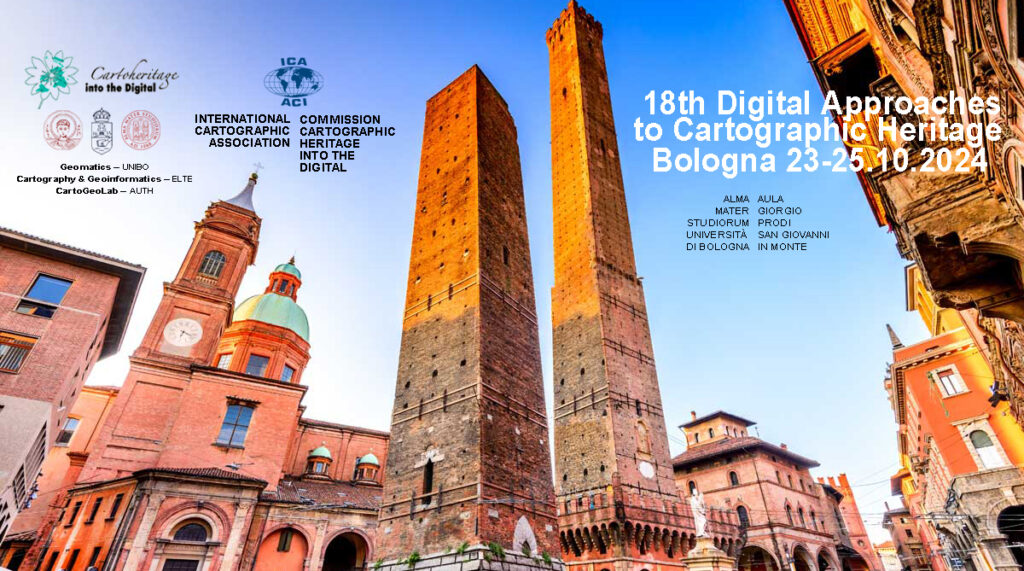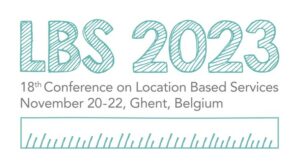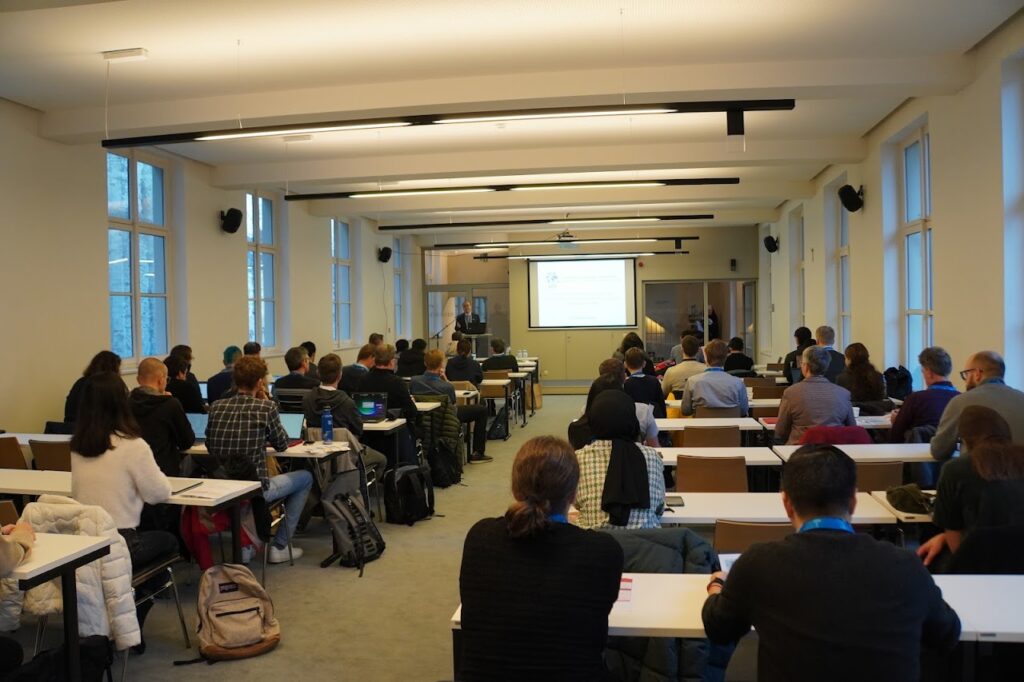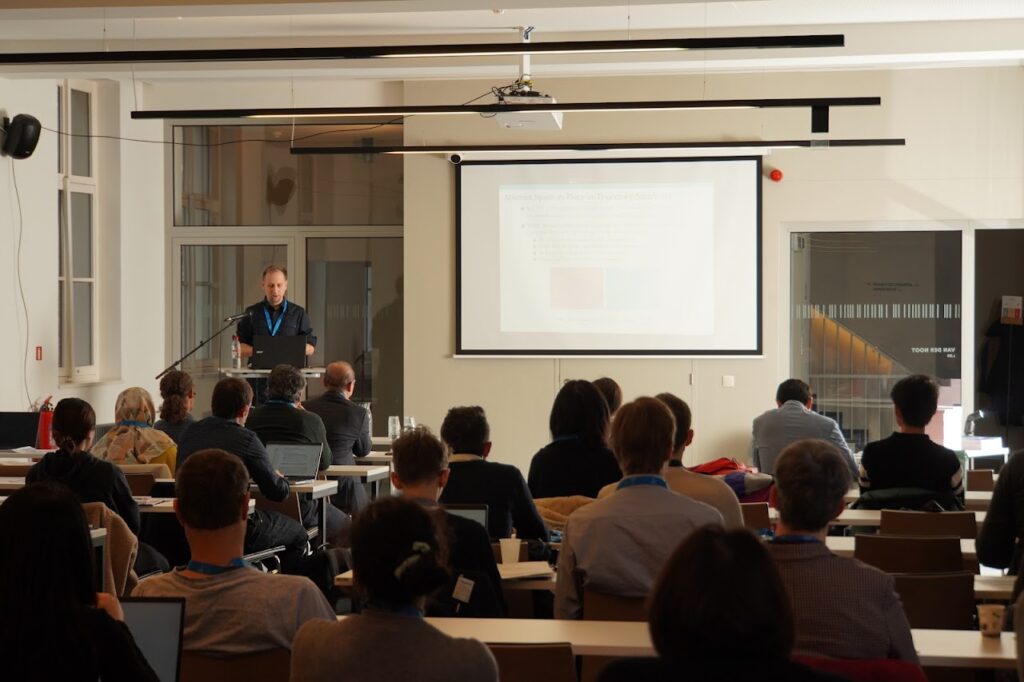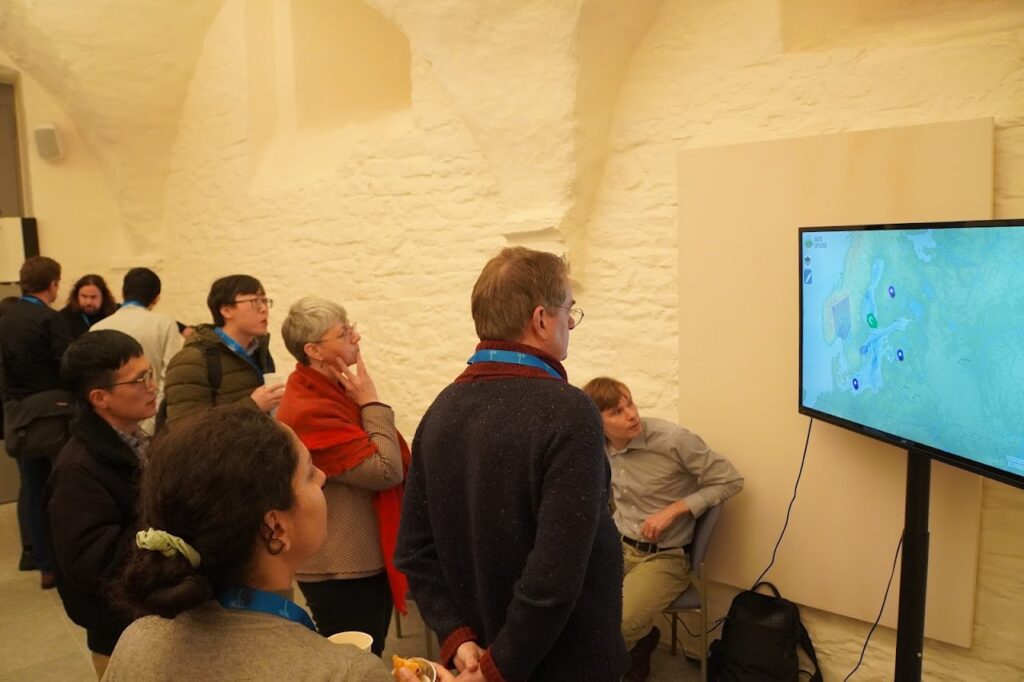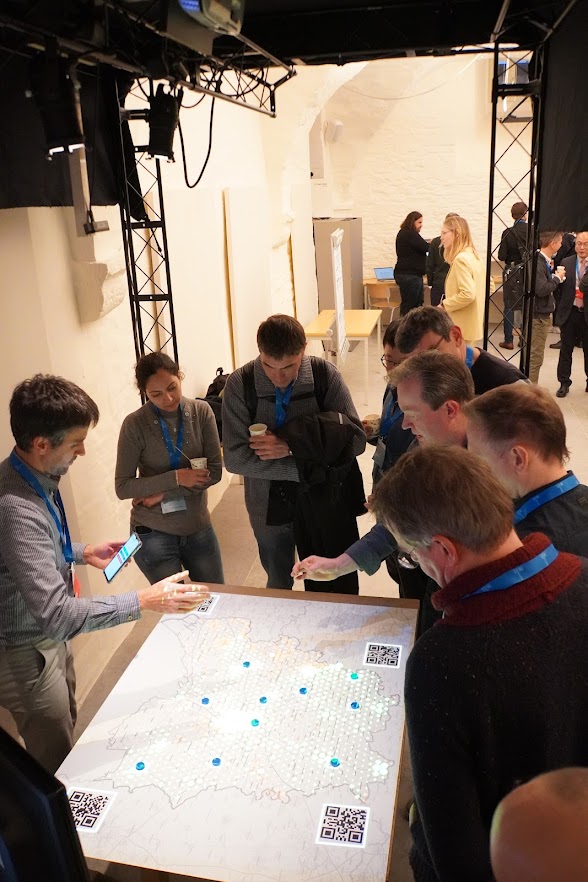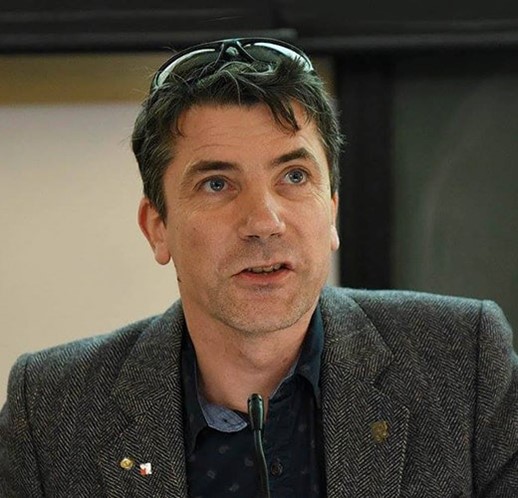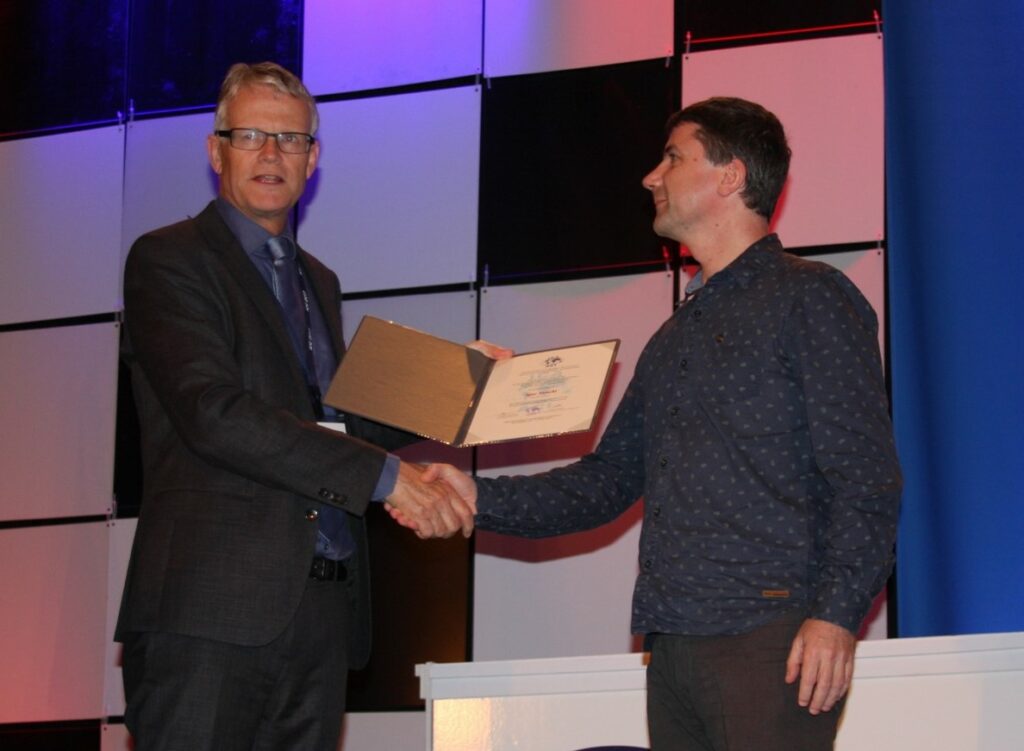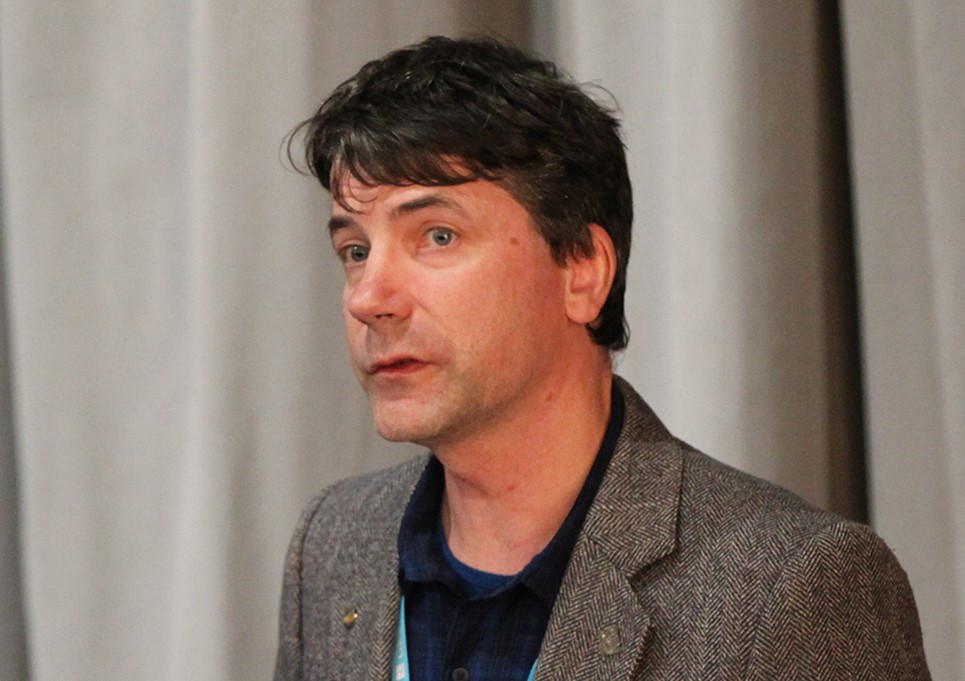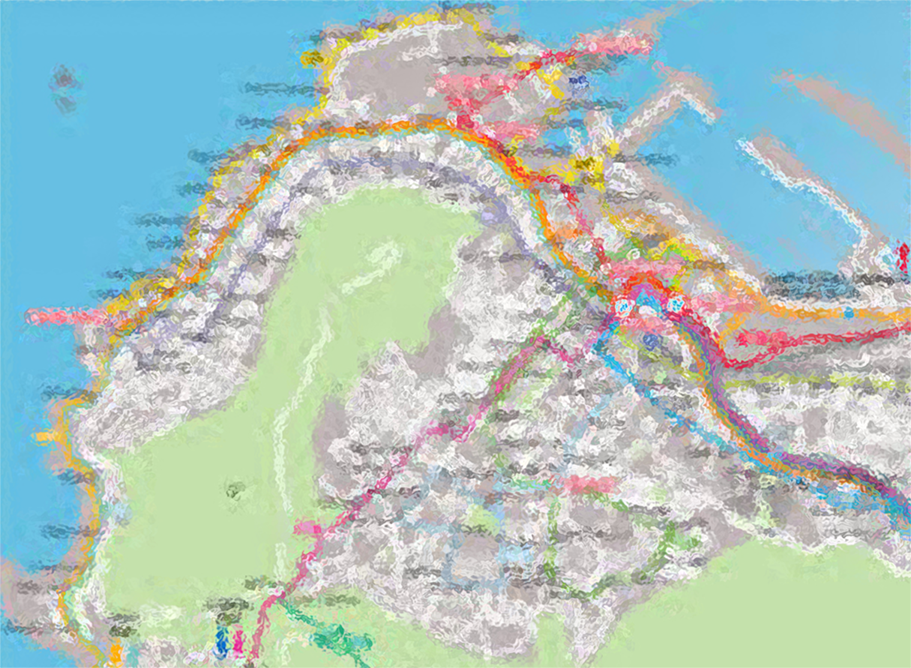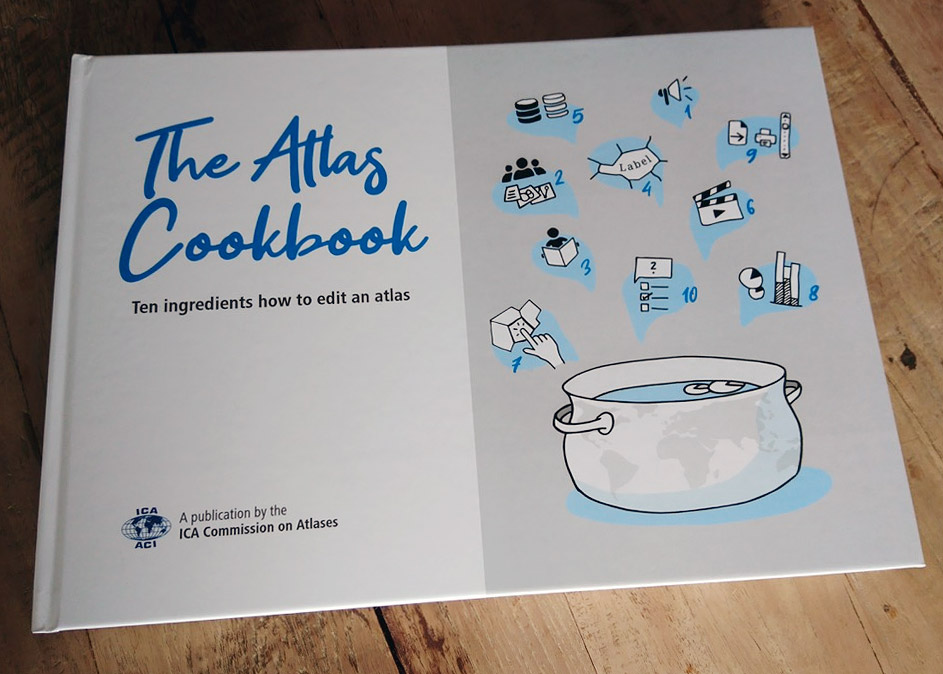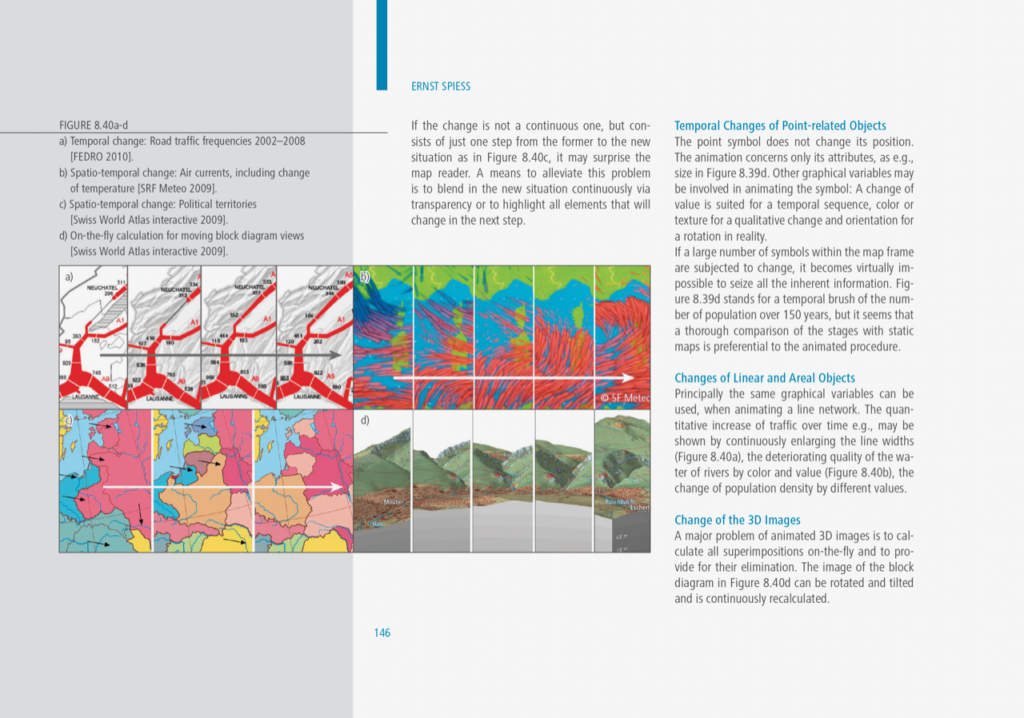The University of Warsaw Department of Geoinformatics, Cartography, and Remote Sensing in collaboration with the International Cartographic Association Commissions on Cognitive Issues in Geographic Information Visualization, Geovisualization, and User Experience (UX), as well as ICA Next Generation Cartographers Working Group are pleased to invite you to the 2024 ICA Workshop on AI, Geovisualization, and Analytical Reasoning, on Saturday, 7 September 2024 at the University of Warsaw, Poland.
Early-stage work is explicitly encouraged, especially by junior scholars or those new to cartography.
We invite you to contribute to our Call for Papers. Short papers (2 pages) can be submitted until 15 May 2024 and abstracts (300 words) until 1 June 2024. Submissions are expected to report on ongoing and emergent work that aims to tackle one of the many dimensions of cartography: specifically, we welcome those that relate to supporting geovisualization and analytical reasoning, including approaches that leverage AI methods applied at various stages: data processing, analysis, visualization generation and interpretation, as well as support in user perception interpretation. Broadly speaking, we are seeking work that focuses on understanding users, their cognitive processes, and/or their interactions with visual representations and computational methods via maps or geographic visualization. We welcome research that tackles these and related problem areas through computational, representational, artificial intelligence (AI), ethical, or contextual methodological lenses. This workshop will provide a forum in which new approaches and ideas can be discussed and where new research collaborations can be formed.
There will be no conference fee!
For details please visit our workshop website: http://carto-vis-workshop.uw.edu.pl/
We are looking forward to your contributions and to welcoming you to Warsaw!
CartoVis24 Organizers





